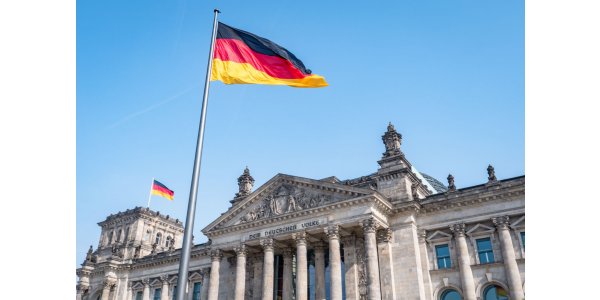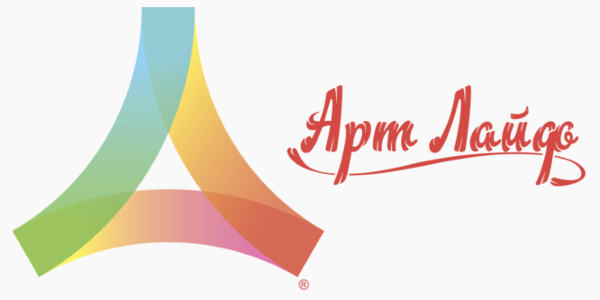Peculiarities of Germany: what do immigrants and tourists need to know?

Germany is a fairly large and diverse country with an interesting history and great cultural heritage. It was the Germans who gave the world books, cars and much more. Everyone who is just going to travel to Germany has certain beliefs and expectations. We will try to talk in general terms about the FRG and the Germans, and to clarify what are non-existent clichés common abroad, and what is true. And more information you can find on the https://ru-geld.de/en/country/.
Diversity
Germany consists of 16 federal states. Although all regions of the country have common features, each land has its own characteristics. Sometimes the differences are so noticeable that it seems as if you are in a different country.
Some of the differences are due to history, because after the Second World War the country was divided into two parts - the GDR and the FRG. The eastern regions developed through socialism and were under the influence of the USSR. As a result, after the reunification of Germany, the western part of the country turned out to be more developed than the eastern one. To balance the social situation in all regions, the so-called solidarity tax (Soli) was even introduced, which is withdrawn from the income of the western lands and transferred to the development of the eastern ones. It must be said that from 2021 this tax will be abolished or reduced (for high-income citizens).
Other differences are due to geography. Thus, a Bavarian farmer bears little resemblance to a fisherman from northern Germany. Because of this, even foreigners who have learned the German language find it difficult to understand the locals, because Germans speak more than 30 dialects. Because of these variations in the language of dialects, even native people from different parts of the country may not understand each other well.
But this diversity and partly is the special charm of Germany, because without leaving the country, you can visit the mountains and the sea, admire the pastoral landscapes of the Luneburg Heath and swim on a poskodonk along the picturesque Spreewald canals, visit a rock or beer festival, or organize a tour along the ancient castles, which, by the way, are quite well preserved.
Kitchen
The gastronomic specialties are also varied and depend on the region. So, the prevalence of fish is characteristic of the northern sea coasts, and sausages are more popular with southerners. In the lands that were part of the GDR, some dishes of Slavic or even Soviet cuisine, such as hodgepodge, aspic, etc., remained popular.
Special food tours are even organized for travelers, for example, there are such tourist routes as the Wine Route, where you can go from vineyards and wineries to tastings of traditional ristling and other varieties of wines; or the 260-kilometer “cucumber” cycling trail (Gurkenradweg) along the Spreewald, where you can taste different variations on the theme of pickles: with salt (Salzgurke), with dill (Gewürzgurke), with garlic (Knoblauchgurken), mustard (Senfgurke), pepper (Pfeffergurken), etc.
In the Lüneburger Heide, for example, you can taste a special regional dish - the Lüneburger Heidschnucke. Luneburg lamb has a light sweetish taste and is somewhat reminiscent of venison.
Sausages, one might say, occupy one of the gastronomic championships in Germany. World famous German curry sausages (Currywurst) are 70 years old. Although the exact recipe for the sauce is still undisclosed, you can buy them in almost every city - this is a very popular fast food in Germany. In addition, there are also Weißwurst - white Bavarian sausages, Nuremberg sausages and many others - hundreds of species and varieties.
Also, the Germans love hearty dishes, potatoes, soups, asparagus, cabbage ... Thus, even a year will not be enough to make a serious gastronomic journey through Germany.
Roads and cars
Although the German autobahns are considered one of the best in the world, the Germans themselves sometimes complain about the quality of the roads, in particular because in the provinces they may not be as good quality. Another advantage of highways is that in some sections there are no speed limits at all - this is an attractive place for those who like to ride with the breeze.
Much has been said about German cars and they are rightfully considered one of the best (and maybe the best) in the world. The reason for this is German precision and quality. And although the diesel scandal has slightly damaged the reputation of the auto industry, cars from Germany are still popular all over the world.
Education
Studying at German universities is free. The only thing that students have to spend money on is the collection for books and other attributes (about 500 euros per year), as well as living in hostels and other personal expenses. But entering a German university is not easy - not all school graduates have the right to do so. The fact is that after graduating from elementary school, students are divided according to their level of knowledge - into "main schools", "real schools" and gymnasiums. Only graduates of gymnasiums and real schools (after additional classes of gymnasium) can take the final exam (Abitur) and enter the university.
Quality mark
The brand “Made in Germany” is already more than 130 years old, and German goods are traditionally considered to be of high quality. According to research by the YouGov Institute for the Study of Public Opinion, consumers from all over the world recognize things made in Germany as the best. Residents of 23 countries rated the products of different countries on a scale from -100 to +100 in terms of product quality. The first place was taken by products marked “made in Germany” with an assessment of +45 points. 38 points and Italy took the second place, and France and Great Britain shared the third line of the rating - both countries scored 34 points.
However, it must be said that a German product that is 100% made in Germany is a rarity today. For example, 70% of cars are made up of components produced at factories of German companies in other countries.


 Yak vibrate dayaratne...
Yak vibrate dayaratne...